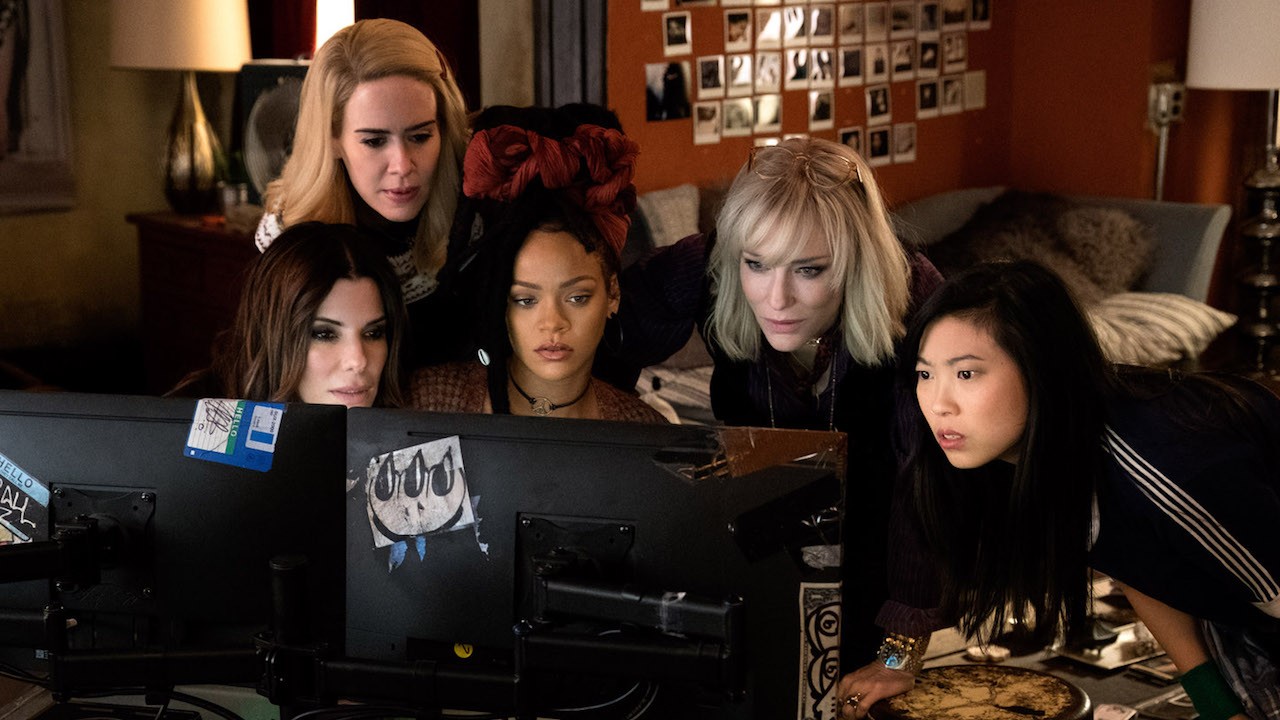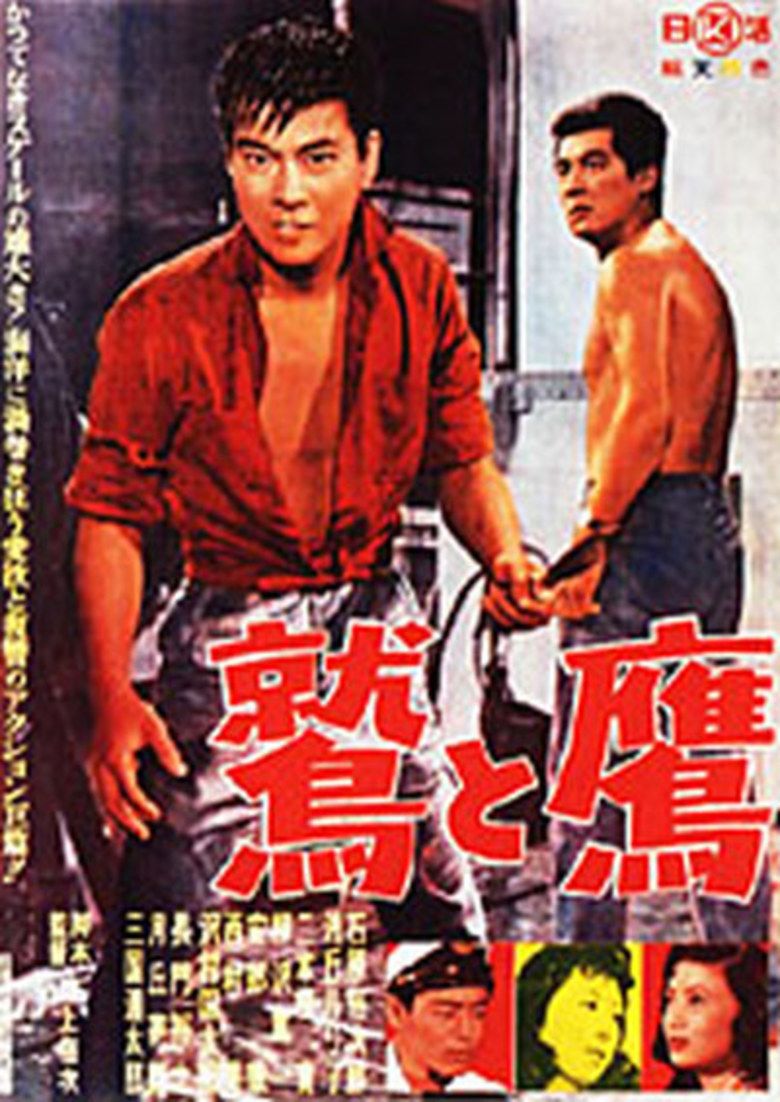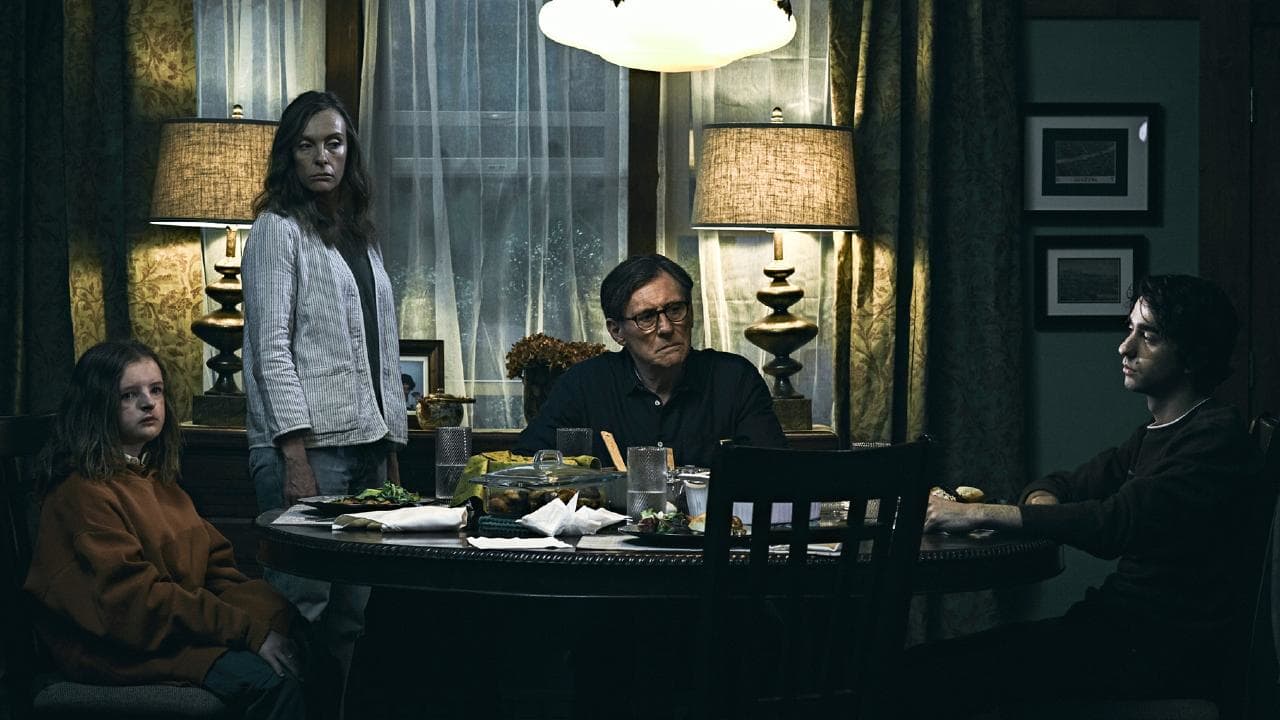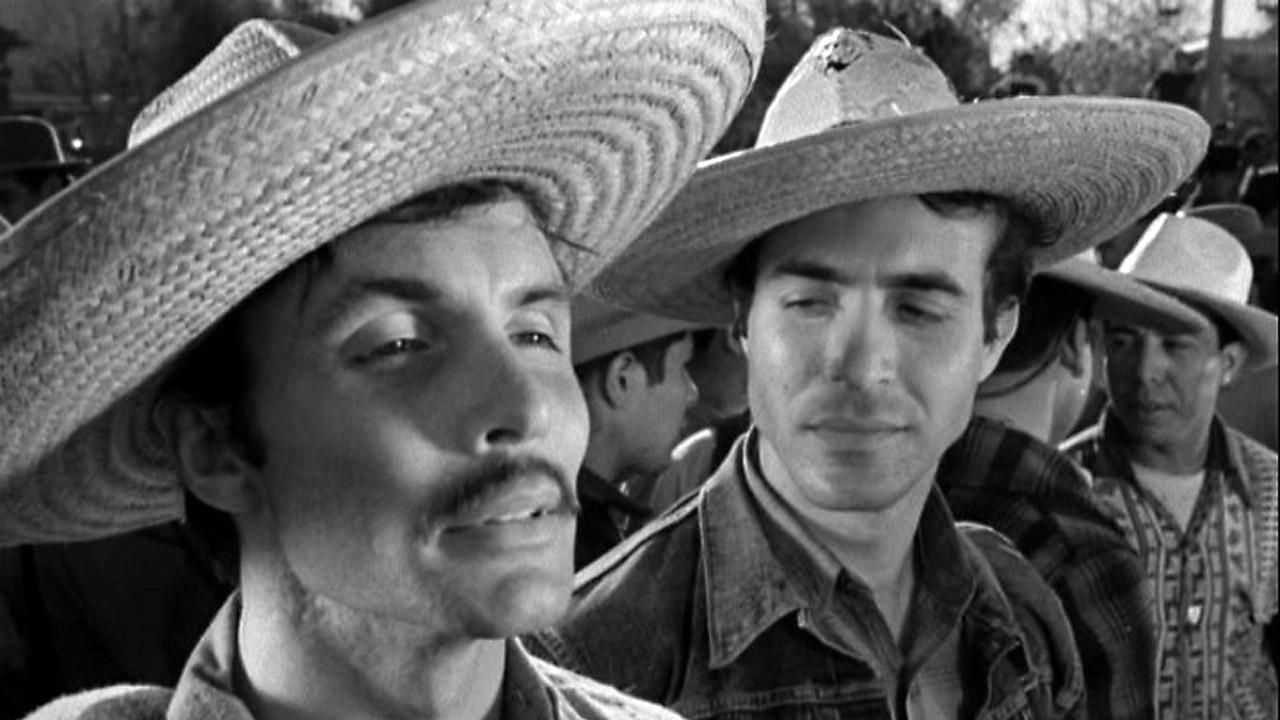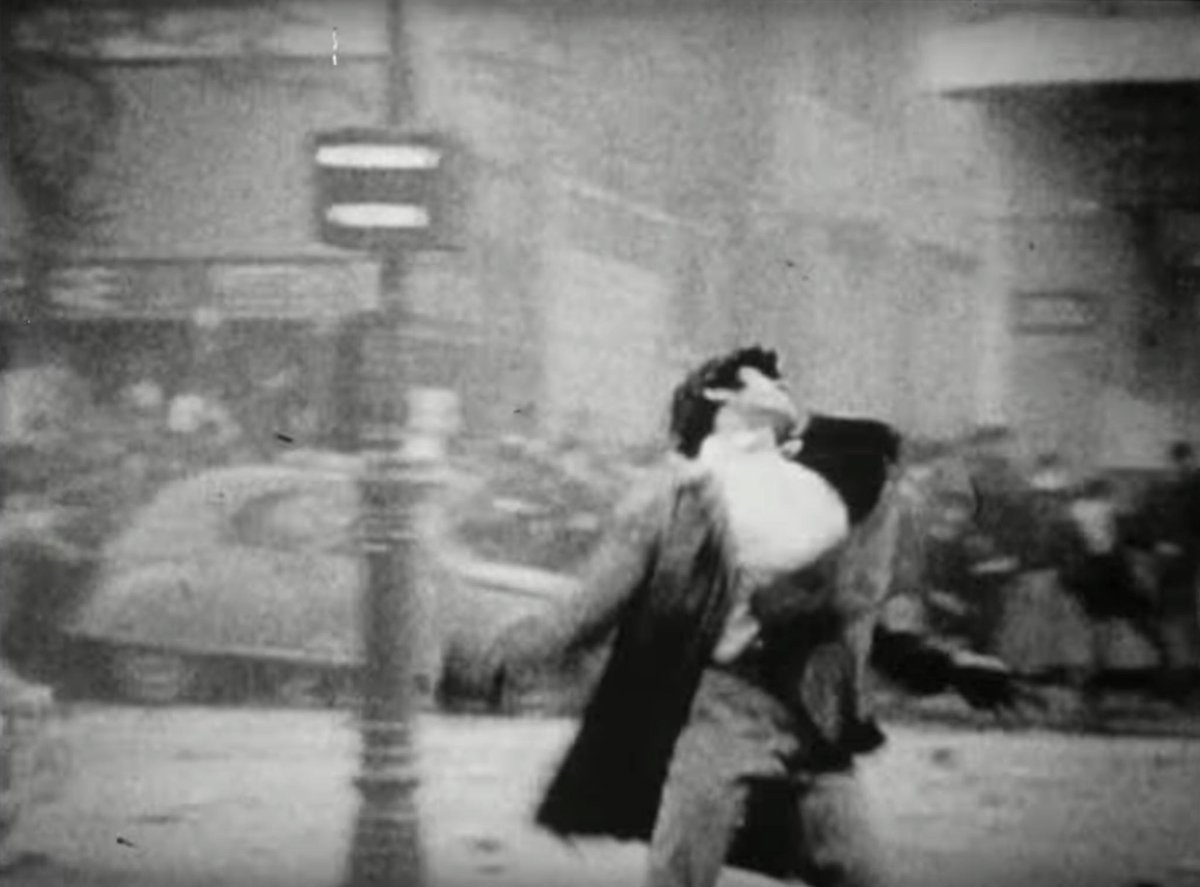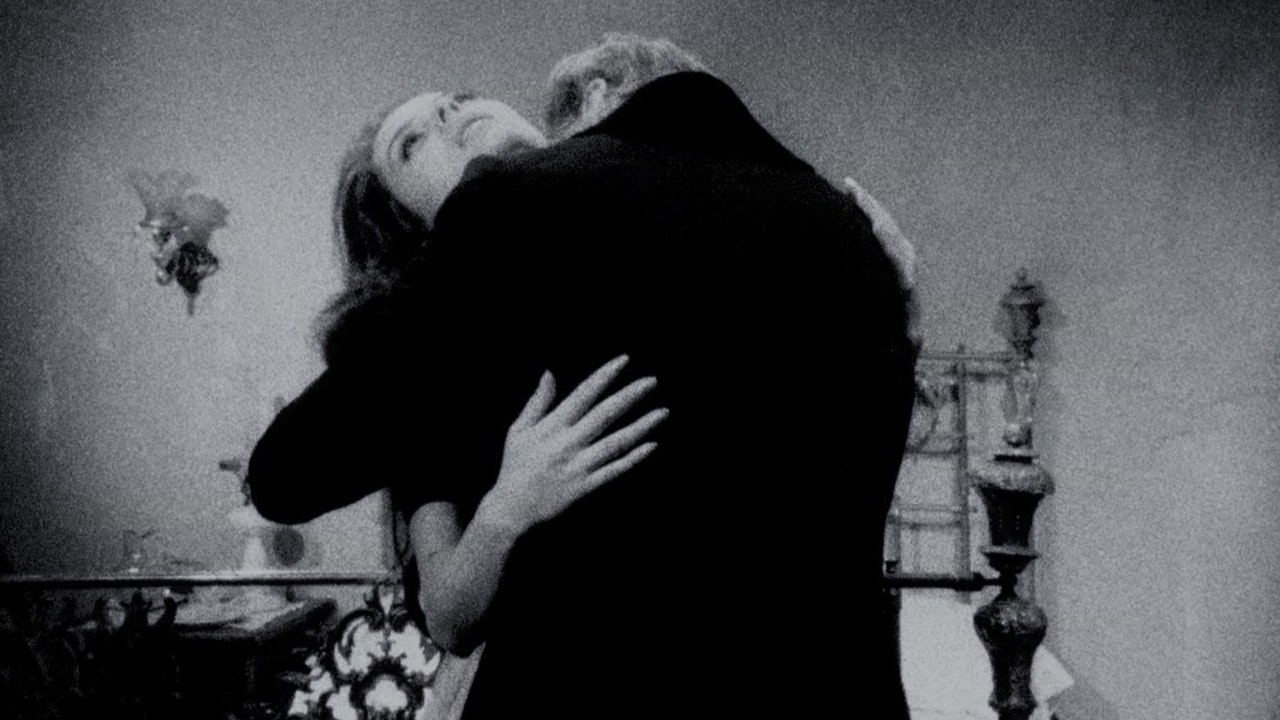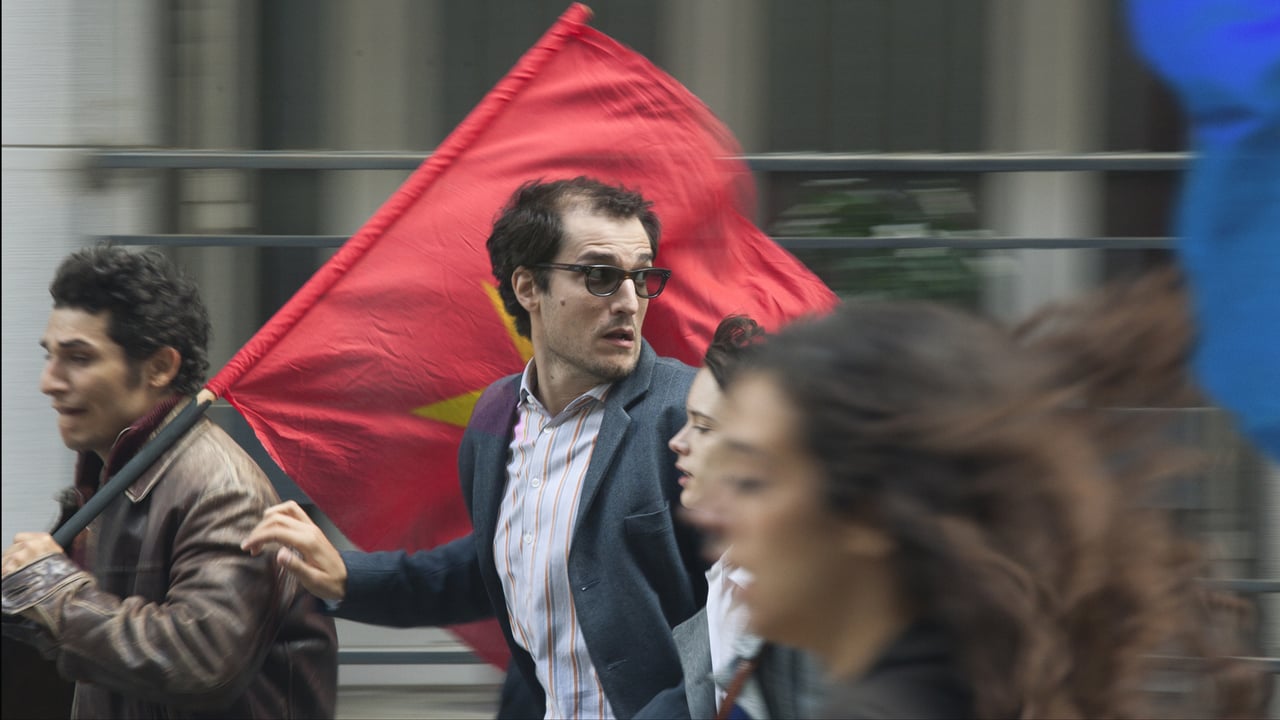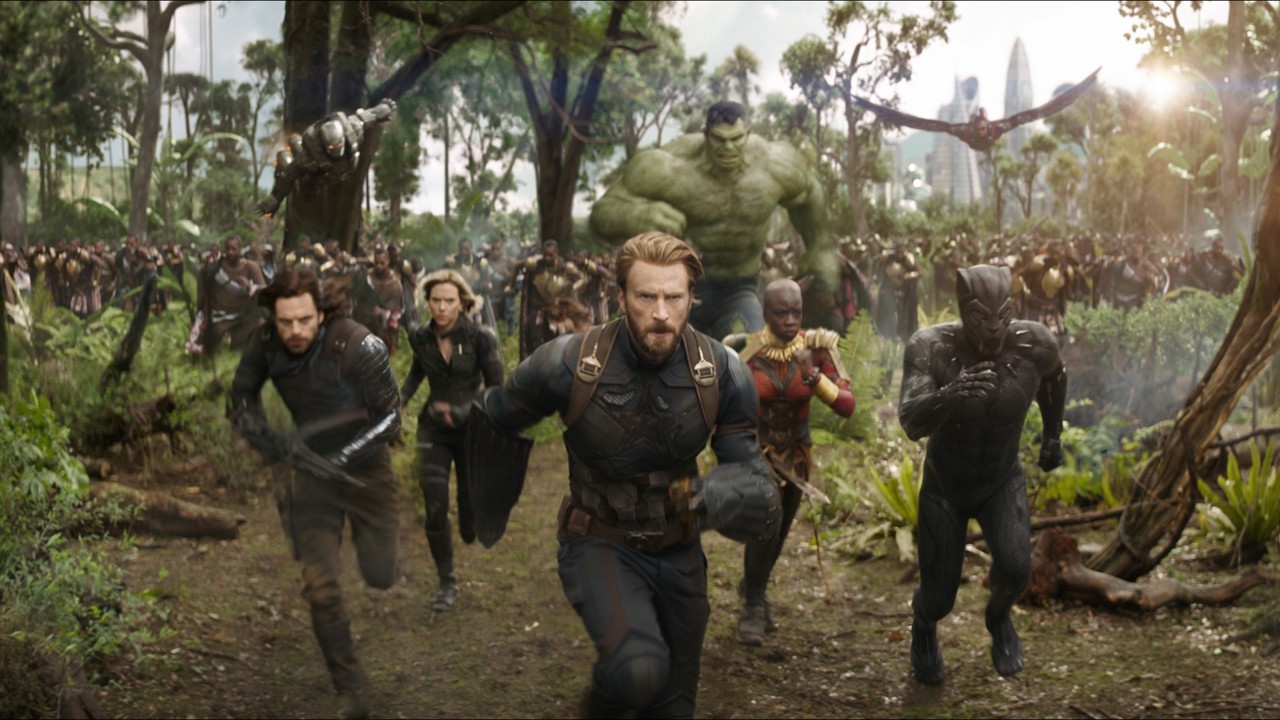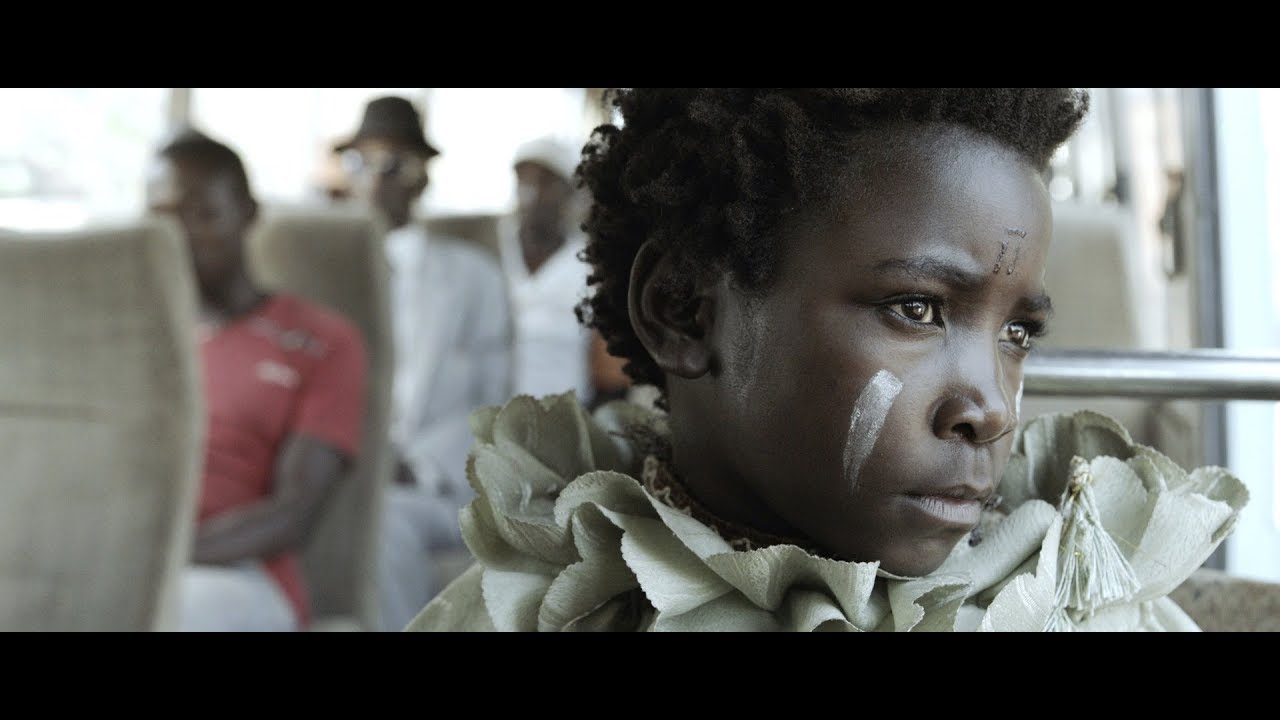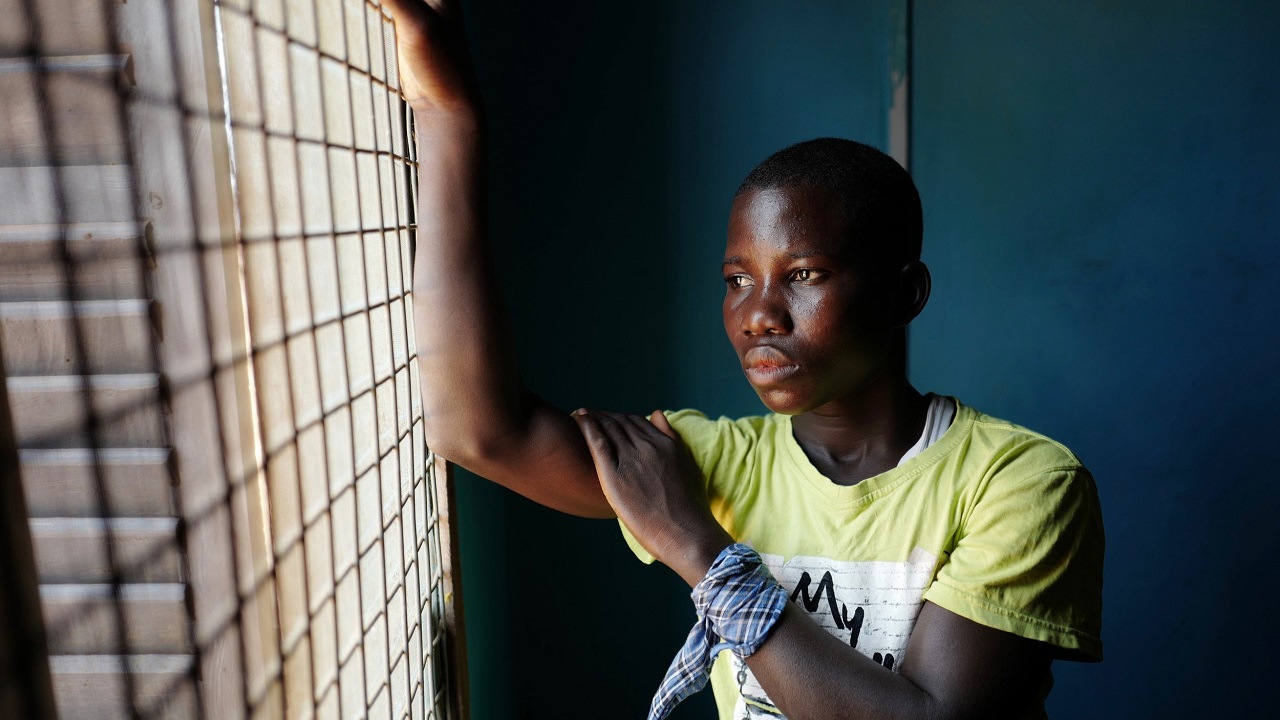As in Steven Soderbergh’s much-loved Ocean’s Eleven, Gary Ross’ Ocean’s 8 begins at a parole hearing for our protagonist. She’s making nice and saying all the right things, arguing for a rehabilitation we genre fans know hasn’t occurred.
Reviews
I can’t confirm for sure that the minds behind The Eagle and the Hawk (Washi to Taka, 1957) saw John Ford’s The Long Voyage Home (1940) — a number of shots seem to duplicate ones from the earlier film, although on a ship the number of places from and at which to shoot is certainly delimitable — but I couldn’t stop thinking of the two films next to one another.
Miniatures are inherently unsettling. Like all copies of the world, they carry a whiff of the uncanny, and a possibility that they will escape the control of their creators; in horror movies, we are particularly trained to expect them, infused with some breath of terrible life, to rise up and wreak havoc.
Given that seemingly every day brings with it a new and horrifying perspective on America’s descent into Trumpian doublethink, it can be hard to keep track. It’s not just the outrage cycle, either – we really are living through uniquely dismal times; if the moral affronts aren’t necessarily new, the attitudes towards them, ranging from casual disregard to gleeful celebration, sure seem to be.
May 1968 looms so prominently over the cultural imagination, at least in some circles, that the occasion of its 50th anniversary was bound to produce a universe of responses and treatments. Its ecstatic title notwithstanding, João Moreira Salles‘ essay doc In The Intense Now falls decidedly onto the elegiac side of things.
I distinctly remember being in ninth grade, trying to convince friends to make a movie with me. The pitch: the opening scene of the film was interrupted by the lead actor being hit by a car; as the serious narrative went on, the film kept being interrupted by worse and worse accidents, by more and more actors leaving, until the last scenes were filmed by the director alone in his bathroom, depicting the action with dolls.
How do you approach making a bio-pic about a filmmaker like Jean-Luc Godard, whose aesthetic and political concerns are so deeply interwoven into the cinema of a particular time and place that entire strains of film history are unthinkable without him?
It’s probably pointless to try to write a review of Infinity War. [Don’t worry, no spoilers.]
It’s certainly pointless in the traditional way, as a verdict: two and a half stars, B-plus, 72 percent, thumbs up. It’s pointless to talk about the lighting or the editing, the performances or the sound design.
A group of older Zambian women — seated on the ground, penned in by a fence, faces painted and contorted into shrieks, bodies gesticulating wildly, long fluttering ribbons attached to their native dress like leashes — are photographed by smiling white tourists.
Lake Volta, formed when the massive Akosombo Dam was completed in 1965, covers nearly 4% of Ghana. With a surface area over 3,000 square miles (that’s 13 Lake Meads!), it’s one of the biggest man-made lakes in the world and, as photographed in Alyssa Fedele and Zachary Fink‘s compelling documentary The Rescue List, surely one of the most beautiful.

